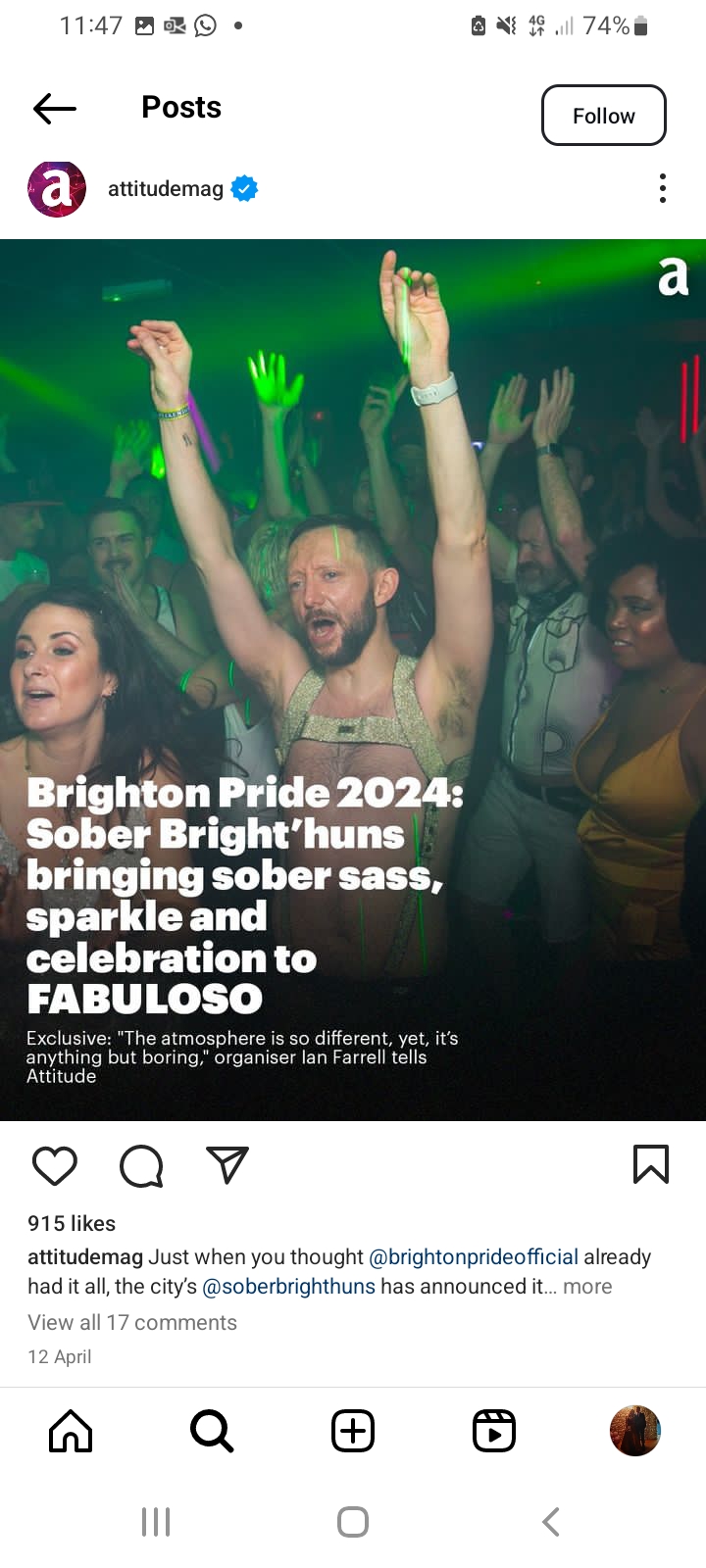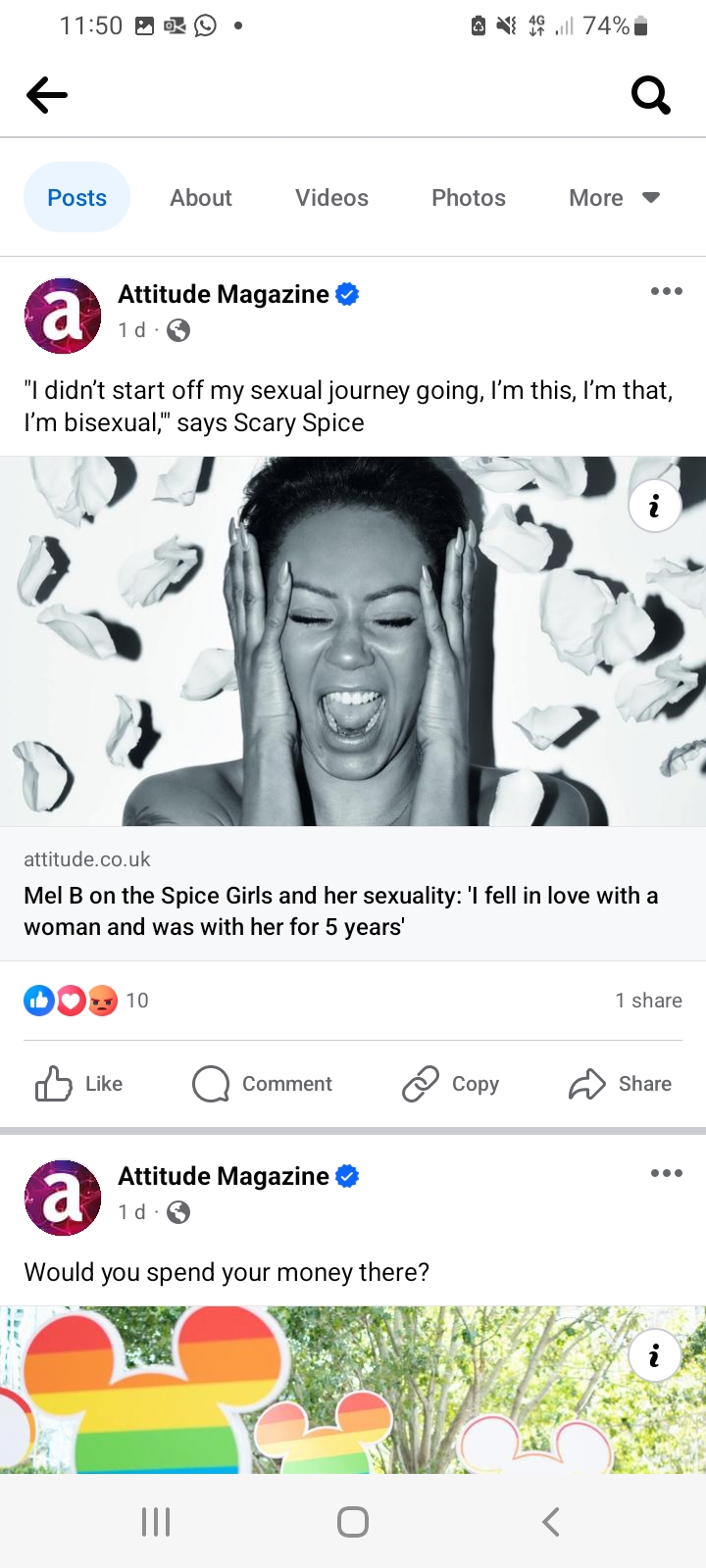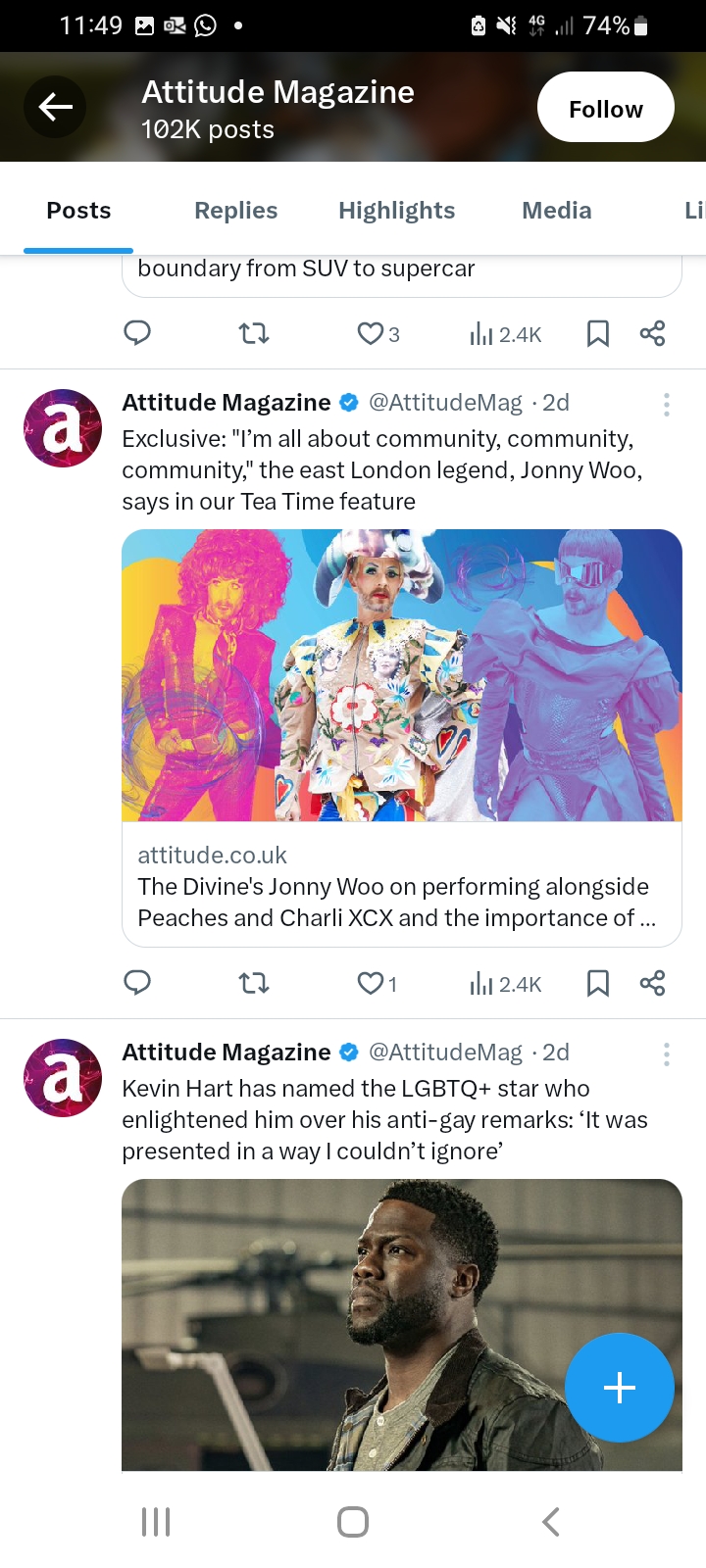Attitude representation
Representation
Stereotypes
Created when knowledge is lacking or unattainable and the substitution of thoughts or opinions are implemented
This often leads to misjudgement and unfair discrimination towards certain groups
In media products, they have the potential to impact the mindset of audiences, often sustaining, perpetuating and creating stereotypes
Media products portray the unspoken norms of an ideology
Such products appeal to the widest audience - intellectually and globally
Representing LGBT
media representations of sexuality in Britain are overwhelmingly heterosexual. Gerbner (2002) argues that the media participate in the symbolic annihilation of LGBT by negatively stereotyping them, by rarely portraying them realistically, or by not portraying them at all. Craig (1992) suggests that they are often stereotyped as having amusing or negative psychological and social characteristics.
-Campness - the camp persona reinforces negative views of gay sexuality by being somewhere in between male and female.
Macho - a look that exaggerates masculinity and which is regarded by heterosexual men as threatening because it subverts traditional ideas of masculinity
Deviant - evil or as devious in TV drama, as sexual predators or as people who feel tremendous guilt about their sexuality. In many cases, gay characters are completely defined by the 'problem' of their sexuality.
Gauntlett argues that LGBT are still under-represented in the mainstream media, but things are slowly changing for the better. Tolerance of sexual diversity is growing in society and images of diverse sexual identities may assist in making the population generally more comfortable with these alternative sexual lifestyles.
Stuart Hall on stereotypes
Stereotyping as a form of representation, reduces people to a few simple characteristics or traits
It tends to occur where there are inequalities of power as subordinate or excluded groups are constructed as different or 'other'
Social Media
Postcolonialism is the study of the impact that being under direct rule has had on former colonies. For example, despite being a tiny island, Britain colonised and declared ownership of many countries, including India and New Zealand.
These ideas and attitudes continue to shape contemporary attitudes to race and ethnicity in the postcolonial era
These postcolonial attitudes have constructed racial hierarchies in our society, where, for example, white people are by and large given more positive and important roles than BME people
Media producers are also guilty of using binary oppositions to reinforce BME people and characters as 'others'
Albonic nostalgia - A representation of Englishness that is marked by nostalgia and generally produces a whitewashed version of an idealised/ imagined England.
Civilizationism - A stark representation of the world in which Western democracy is pitted against extremist others. It suggest that Western societies are better, more accepting of diversity and creates a binary opposites between the west and ‘others’.
Cosmopolitan conviviality- A term that describes real world multiculturalism and the high levels of racial harmony that mark most people’s day to day existence. Conversely, the media portrays racial disharmony as the norm.
Postcolonial melancholia - A term used by Gilroy to describe the deep-rooted shame felt as a result of the loss of the British Empire. That loss is deflected through media nostalgia and a widespread anxiety surrounding British identity.
Otherness - Black communities are typically constructed as different/other to white communities and they are often associated with negative qualities like criminality and lawlessness
Cultural Incompatibility - the idea that the media can suggest that different cultures are incapable of existing together because of it focus on global conflicts and terrorist actions.
Inclusive and diverse - different ethnic backgrounds. Stories about other countries (Africa) more negative and postcolonial way - racist, transphobic, killed due to sexuality and laws. Not as modern and liberal as in the Uk










Comments
Post a Comment